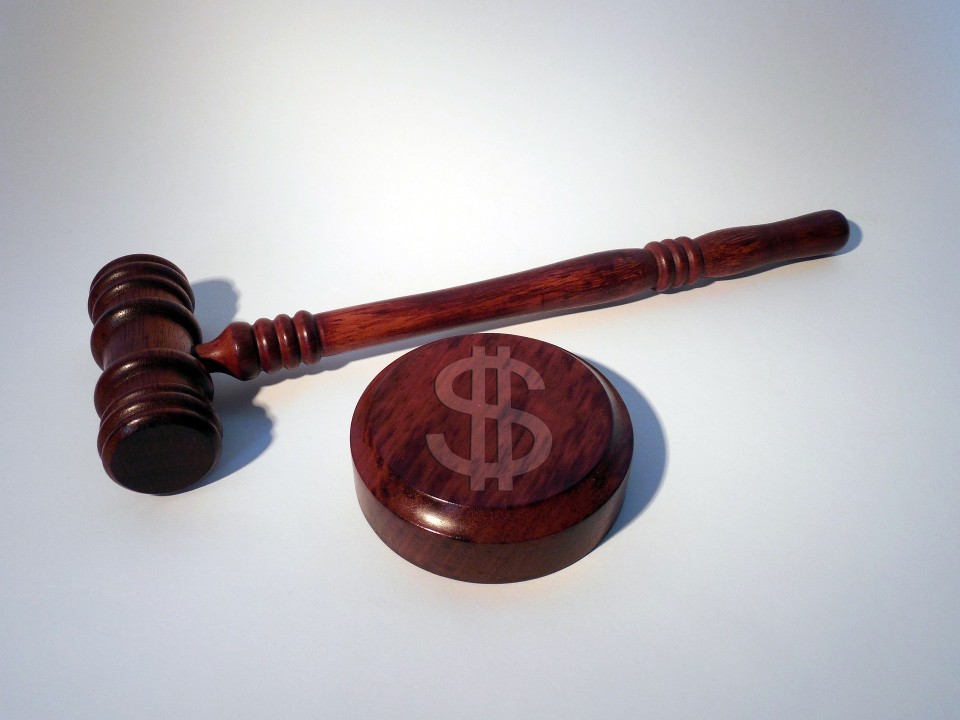
In “lemon law” cases under the Song-Beverly Act, the “prevailing party” is entitled to attorney fees. But what is a “prevailing party”? Is a plaintiff who recovered $1 in nominal damages a prevailing party entitled to attorney fees (and over $680,000 in fees at that)? In a published opinion, the Court of Appeal in Duff v. Jaguar Land Rover North America, LLC (D4d1 Jan. 27, 2022 no. D078100) 2022 WL 246853 (___ Cal.Rptr.3d ___), said no.
Under the well-known “prevailing party” statute Code of Civil Procedure section section 1032, the prevailing party is a plaintiff who received a “net monetary recovery.” That is the standard the trial court seems to have applied (the court was not explicit about it). But the Court of Appeal held that section 1032 does not apply in all cases, and does not apply to Song-Beverly cases. Instead, a “pragmatic” approach applies, including asking who achieved their litigation objectives.
What is a little awkward about the opinion is that the Fourth District Court of Appeal disapproved its own earlier decision where it held the mechanical standard under section 1032 did apply. Which is fine. But then why fault the trial court for following what was, until now, perfectly good law?
The fee order was reversed with instructions to evaluate the “prevailing party” determination based on the correct “pragmatic” standard.
In this case, the plaintiff, Duff, leased a car, but experienced a lot of mechanical problems. Ultimately, the engine needed to be replaced. Though after that, Duff apparently was happy enough to extend the lease, and then buy the car. He sued anyway. He won, but proved no damages, and received a judgment for $1 in nominal damages. Duff moved for his attorney fees of almost $940,000.
The primary issue the court decided was that, under the Song-Beverly Act, who the “prevailing party” is must be determined under a “pragmatic” approach, and not merely the section 1032 approach based on who achieved the “net monetary recovery.” In this, the court disapproved its own decision in Reveles v. Toyota by the Bay (1997) 57 Cal.App.4th 1139, 1158.
As for the trial court, the opinion notes that “it is not clear the trial court employed either of the two approaches,” because the trial court had reasoned that “once [Duff] proved a breach, he was the prevailing party.” The court also noted that there was no mention of section 1032 or a discussion of net monetary recovery in the trial court’s order. So the Court of Appeal concluded the trial court abused its discretion: “If the trial court applied the wrong legal standard, that is a per se abuse of discretion. (Nichols v. City of Taft (2007) 155 Cal.App.4th 1233, 1242.)”
Comment: I do not think this is right. “A judgment is presumed correct, and if it is correct on any theory, it must be affirmed regardless of the trial court's reasoning.” (Muro v. Cornerstone Staffing Sols., Inc. (2018) 20 Cal.App.5th 784, 790.) Here, the trial court’s order presumably could have been affirmed under Reveles. A trial court does not abuse its discretion in relying on a published Court of Appeal so long as it is not inconsistent with a subsequent decision of the Supreme Court. The Court of Appeal may disapprove its own prior decision, of course, and reverse on that basis. But that does not mean the trial court abused its discretion in relying on that now-disapproved opinion.
Among the challenges on appeal, Jaguar argued the plaintiff could not have prevailed because he failed to prove two of the elements of his claim. This, the court held, was really an attack on the judgment, not on the fee award: “This argument is a collateral challenge to the underlying judgment. Although Duff appealed the judgment, Jaguar did not. It cannot now challenge the underlying judgment through the guise of appealing the order awarding attorney fees. (See Code Civ. Proc., § 906; Cal. Rules of Court, rule 8.104(b); cf. Estate of Powell (2000) 83 Cal.App.4th 1434, 1439 [“As a general matter, ‘a respondent who has not appealed from the judgment may not urge error on appeal’ ”].)”
Jaguar also argued Duff’s $1 judgment failed to beat Jaguar’s 998 offer. Jaguar had offered $28,430, “or some high amount that is subject to proof.” Although the latter part was vague, certainly $1 was far less than the $28,430 “floor” amount.
This will not do, the Court of Appeal held. “[W]e do not evaluate the validity of a statutory offer to compromise after trial concludes. Rather, we must evaluate the offer at the time the offeree receives it and determine whether he or she is able to clearly evaluate the worth of the offer.” and here, the 998 offer presented a “moving target” that was “not sufficiently specific.”